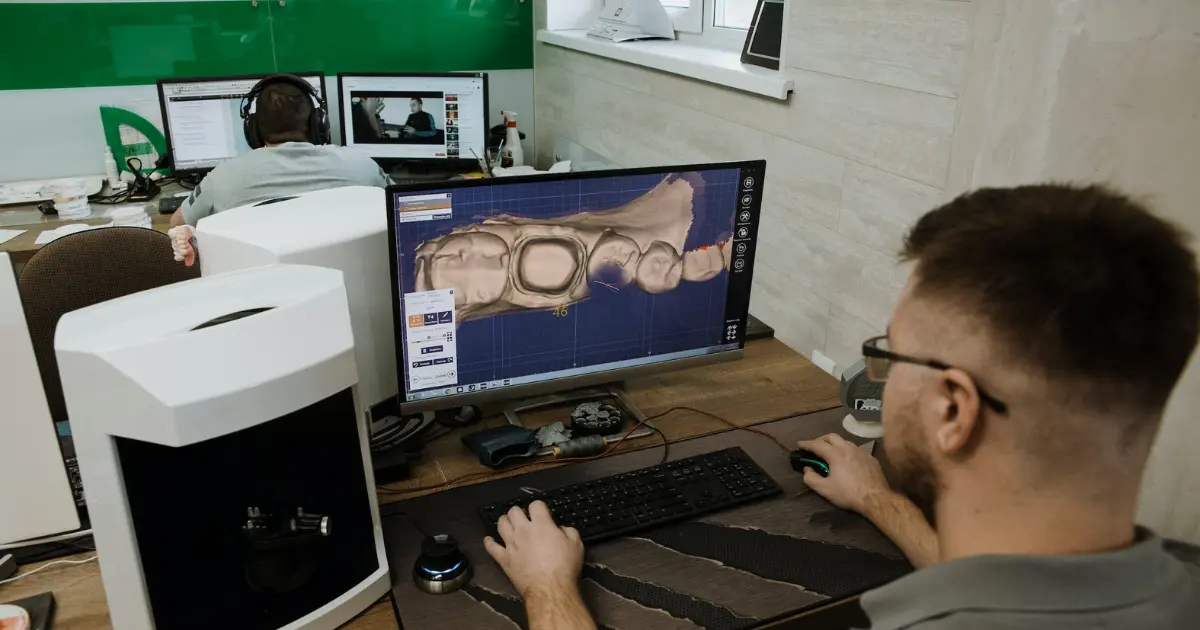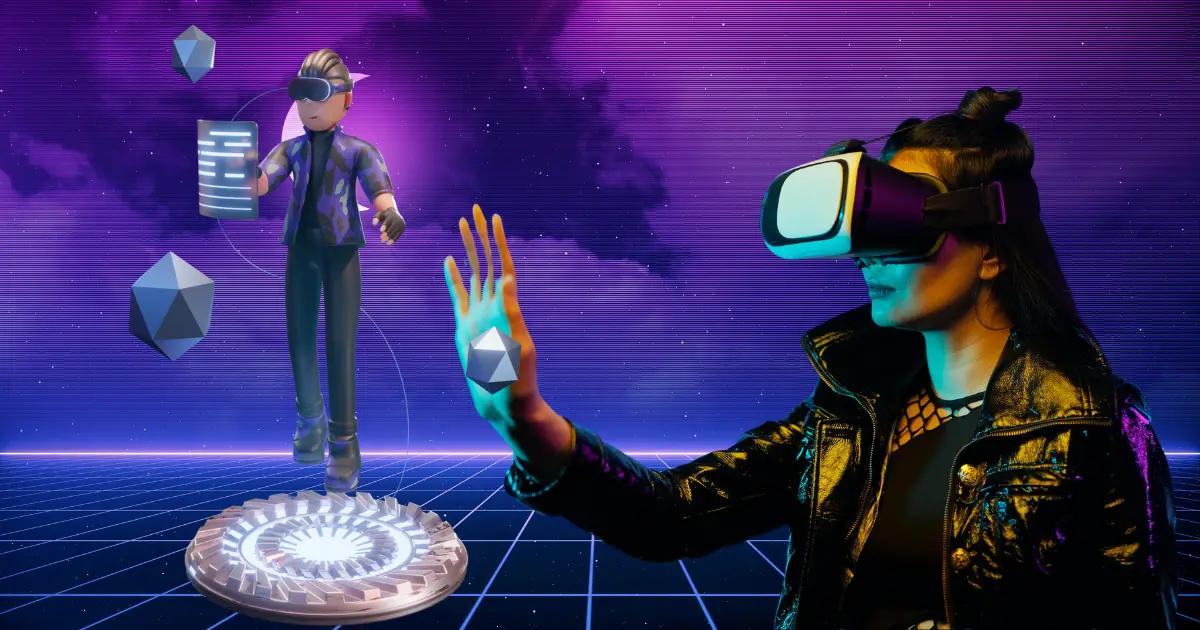As AI technology continues to advance rapidly, it is unlocking new possibilities in all forms of gaming, whether played online or offline.
As an illustration, the use of chess AI online has demonstrated its remarkable impact by providing players with a more engaging and challenging experience. AI is also transforming the industry in casino gaming by developing non-player characters that can mimic human behavior and provide a more realistic gaming experience.
Furthermore, game playing in artificial intelligence has come a long way in providing innovative solutions for enhancing player experiences. Coupled with advancements in virtual reality technology, we are now closer than ever to delivering truly interactive and stunning gaming experiences.

AI provides game developers with robust tools to design immersive and personalized gaming experiences for players worldwide. In this regard, let’s explore how AI is making this possible and what implications it holds for the gaming industry’s future.
In what ways is AI improving gameplay and creating more immersive experiences?
Undoubtedly, the gaming industry is going through a significant transformation thanks to the power of artificial intelligence (AI), which enables developers to offer gamers more realistic and captivating experiences.
Ultimately, every gamer desires an immersive and lifelike experience. AI can make this happen by generating dynamic environments that respond in real-time to player actions, making the gameplay more unpredictable and exciting. Furthermore, AI can develop non-player characters (NPCs) that exhibit human-like behaviors and emotions, making them feel more authentic than computer-controlled avatars.

Moreover, AI can analyze player behavior and adjust the game accordingly, providing each player with a personalized experience based on the collected data. With AI’s help, developers can also create smarter adversaries to anticipate player movements and respond appropriately, providing players with even more challenging gameplay. To learn more, you can refer to the NY Times articles.
In what ways can game developers utilize AI to enhance their games?
Artificial Intelligence (AI) can revolutionize the gaming experience in many ways, as outlined below.
As mentioned, AI can improve the gaming experience by creating more immersive and interesting environments. By enabling non-player characters (NPCs) to interact with players more realistically and naturally, players are more likely to feel engaged in the game world. However, AI’s most significant contribution is its ability to generate dynamic content, such as customized levels or missions based on each player’s skill level and preferences.
Moreover, AI is proficient at procedurally creating game materials, such as graphics and 3D models.

This allows developers to generate new content quickly instead of starting from scratch with manual design. Additionally, AI can automate game testing and debugging, enabling creators to identify potential issues before they become critical. This is yet another compelling use case for AI in the gaming industry.
What are the obstacles that game developers encounter when integrating AI technology into their games?
Integrating AI into the gaming industry can be challenging for game developers. One of the primary obstacles they encounter is creating believable and authentic behavior for AI-driven characters that interact with players naturally and realistically. This requires detailed design, development, and testing to ensure the AI reacts appropriately to various events and user inputs.
Another challenge is balancing the game’s difficulty levels to suit players of different skill levels. The AI may appear too simplistic or complex for some players, negatively impacting their gaming experience. To avoid this, game developers must carefully integrate AI technology into their codebase without introducing any errors or glitches that could compromise gameplay. In summary, incorporating AI into the gaming industry is a complex and demanding task that requires careful consideration and execution.
Can the use of AI in gaming raise ethical concerns?
The integration of AI in games has ethical implications that game developers need to consider. For instance, using AI to create virtual characters that interact with players in real-time raises concerns about game producers’ treatment of these characters’ rights and obligations.

Furthermore, since AI can generate game content such as levels and puzzles, it raises questions about the fairness, accuracy, and impact of such created content on gameplay. Additionally, AI can assist in analyzing player data and making decisions on monetizing the gaming experience, which raises concerns about data security, privacy, and the possibility of unfair practices like pay-to-win scenarios or microtransactions.









